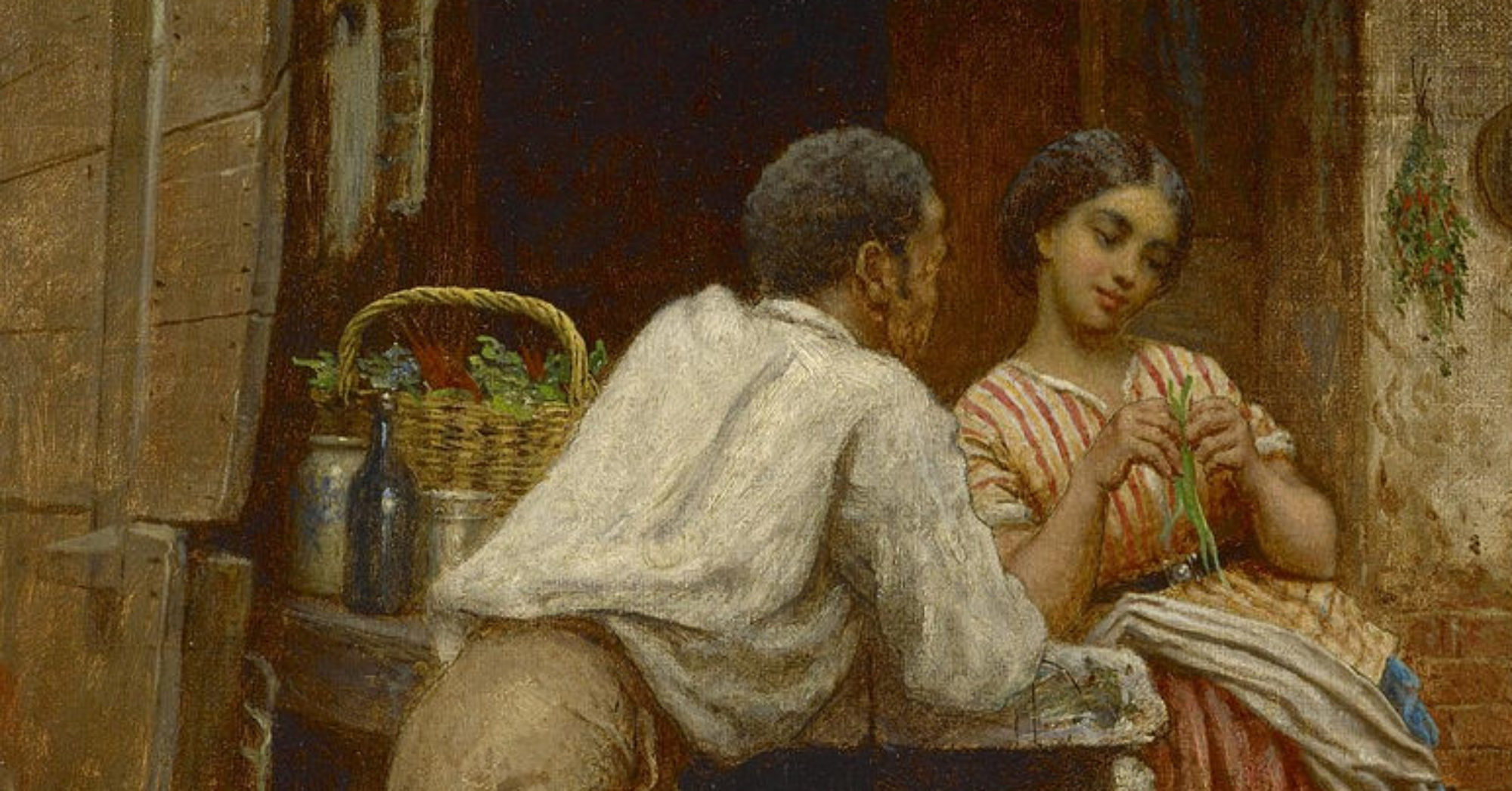Some more fine looking gentlemen from the French journal L’Élégant : Journal Des Tailleurs found in the
Bibliothèque Nationale de France. If you can’t get enough of this historic hotness, be sure to check out Men’s Fashion in 1844 Part I

Susanna Ives | My Floating World
“Turning our attention to the pleasures of the moon, the snow, and the cherry blossoms.” – A Tale Of A Floating World, 1665
Some more fine looking gentlemen from the French journal L’Élégant : Journal Des Tailleurs found in the
Bibliothèque Nationale de France. If you can’t get enough of this historic hotness, be sure to check out Men’s Fashion in 1844 Part I
Today I was researching fashion for my upcoming December release Wicked Little Secrets which is set in London in the 1840s. I thought that over the next two days, I would share some lovely, er… I mean, handsome fashion images from the French journal L’Élégant : Journal Des Tailleurs found in the
Bibliothèque Nationale de France. Enjoy!